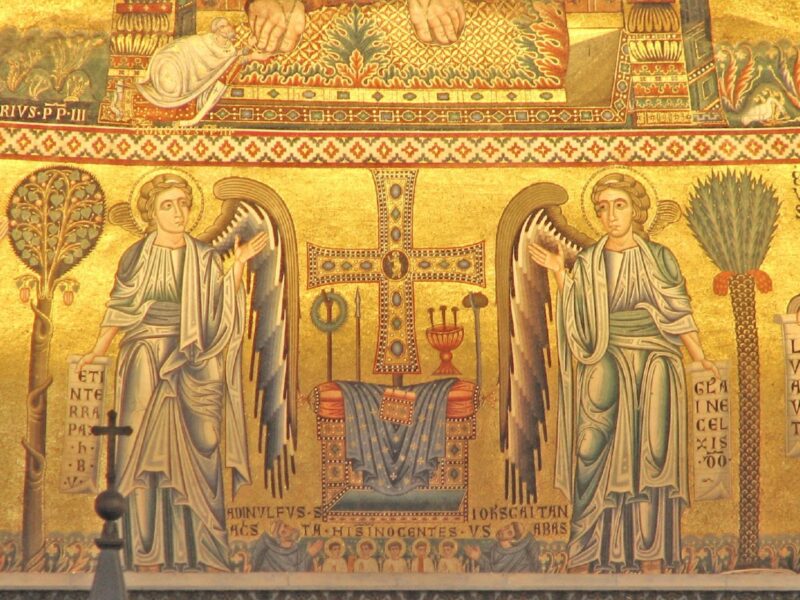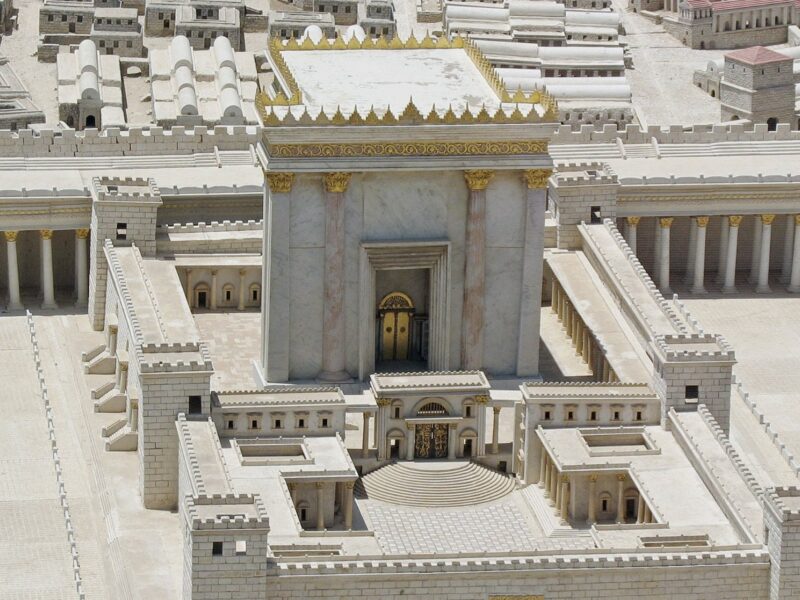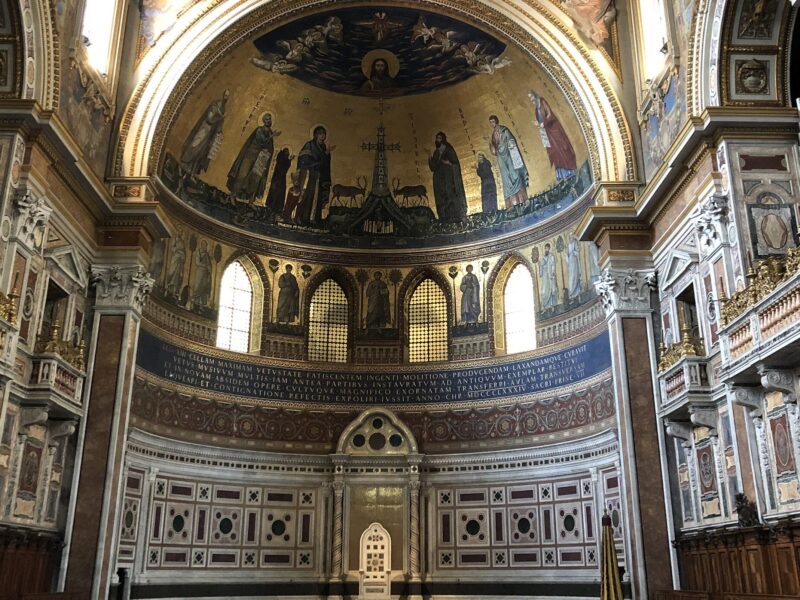
The Homily I Did Not Preach
Twenty-Fourth Sunday of the Year (C) | Fr Euan Marley focuses on a curious phrase found in the original Greek text of the parable of the Prodigal Son which leads us to find God.
Every three years, the parables of the lost sheep, the lost coin and the prodigal son are read in the church. For me they are bound up with the attack on the twin towers, as this was the Gospel read in every Catholic church, on the Sunday after those attacks. It was my first time in the States, and by Sunday I had managed to make it from Pennsylvania, to Stanford University, where the Dominicans were chaplains. There, in the University Church, I heard this Gospel. I was a guest and did not preach on that day, but I did compose a sermon in my head based on this Gospel. The sermon I heard, did not mention the Gospel at all, but I wanted to know what that Gospel was saying to us.
I answered the question by focusing on a curious phrase in the Greek, which describes the Prodigal Son. Where the translation says, ‘he came to his senses’, the literal translation would be ‘he entered into himself.’
To understand this phrase, it helps to take all three parables together, as they should be. All three parables are about finding. The prodigal son was lost and found, just as the sheep and the coin were. The first two say, what man or what woman would not do this? The two parables prepare for the great parable of the Prodigal Son, which does not begin by saying, ‘What Father would not do this?’ because it is by no means obvious that any father would take the son back in these circumstances. This is how the parables shine light on each other. There are similarities and there are contrasts. The prodigal son, is a bit like the shepherd, in his going out looking for something, in the far country. He is a bit like the woman in his taking money with him. He loses the money and he does not find whatever he was looking for. Then he enters into himself.
If all three are about losing and finding, losing a human being, is quite different from losing a sheep or a coin. It is not that we care more about things than human beings, but losing a human being is a different kind of loss. The prodigal son chooses to be lost. He also chooses to come back. He does not expect to be found again. Taking back someone who has hurt us, can seem a bit like losing ourselves. That is because we don’t understand what it is to be a self. We have to enter into ourselves to find out who we are. Yet the strange paradox of interiority is that it is there, that we find true community. The self is always a relational self. All three parables end with a party. The man and the woman are in fact separated by their external preoccupations. The man endlessly searching for his sheep, the woman for her coin. It is only when they find what they want, that they are able to call in their friends and neighbours to rejoice with them.
The prodigal son enters into himself and remembers his father. The elder son refuses to enter in, the same phrase as used of his brother. You might think it is the house, or the celebration he won’t enter, but it is really himself. Interiority does not separate us from others but unites us. The father explains to the elder son, that he is with him always. ‘All that is mine is yours’. If we pray, we discover the truth of that. He is with us; we have all that we need. We possess what he possesses.
If I had preached, I would have said something like that. That was fifteen years ago, and people were angry, frightened and hurt then. They are angry, frightened and hurt now. If that is to change, it won’t happen through external action, however necessary that is. Wars begin and end in the human heart. That is where we have to go, inside of ourselves, and that is where we will find God. Then we can rejoice, then the party begins.
Readings: Exodus 32:7-11. 13-14 | 1 Tim 1:12-17 | Luke 15:1-32
Photo by Fr Lawrence Lew OP of the 9/11 Memorial in New York City.
Sorry, the comment form is closed at this time.



A Website Visitor
Was casting about for an opening for a sermon and your notes have thrown one up. Thank you.
A Website Visitor
Thank you so much for this, for sharing such profound thoughts! I’m glad you preached this to us today.
A Website Visitor
I am a permanent deacon at St. Mary’s in Johnson City, TN. I don’t preach this coming Sunday, but if I did I would most certainly use a lot, if not almost all, of your homily. Wonderful job you did with that! Thanks and Blessings… Dcn. John
A Website Visitor
Wonderful, insightful homily, Father. Thank you so much.